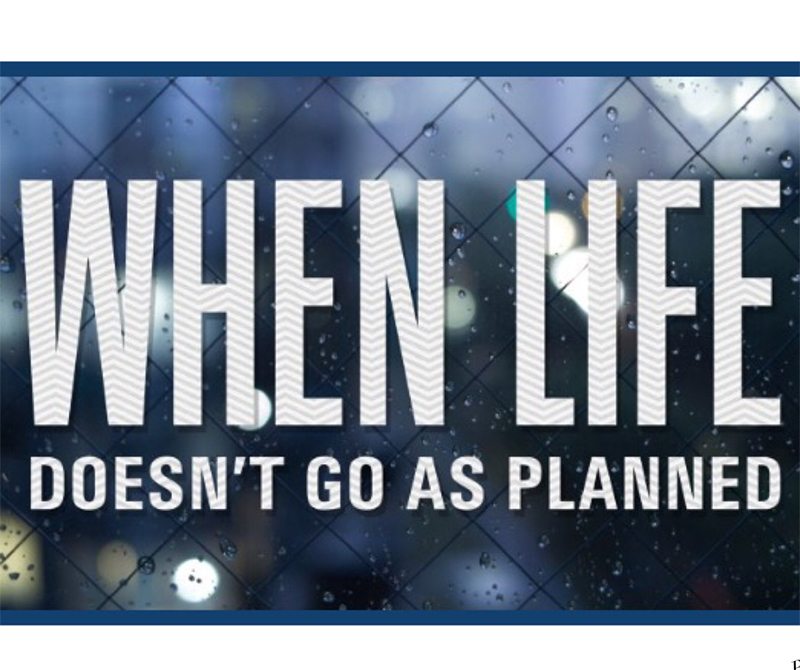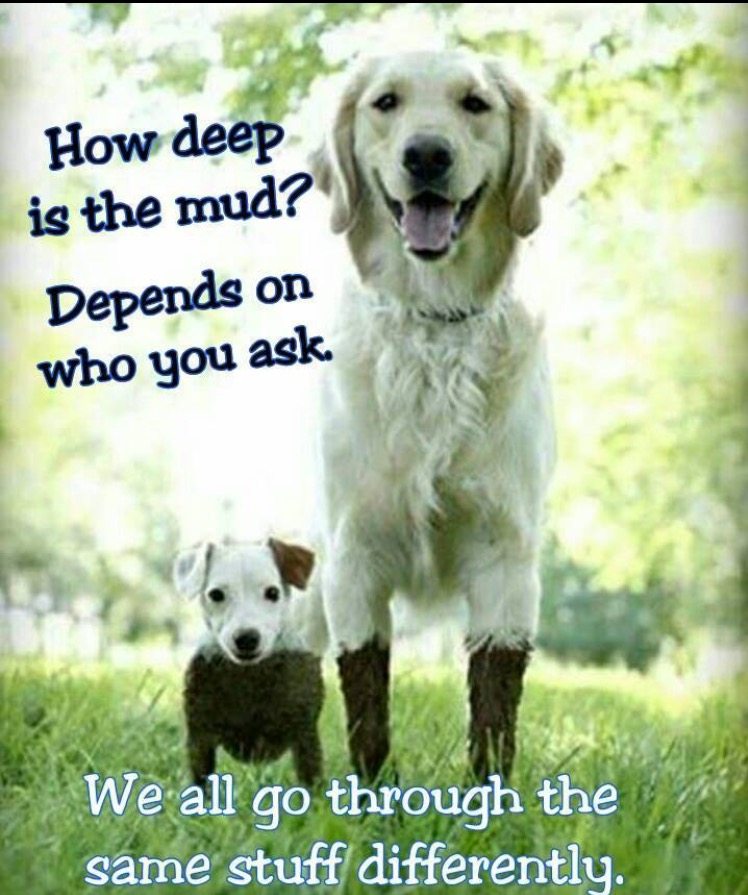
In May, weeks before my book publication date, I was asked if I would participate in a panel discussion. The topic:
When Life Doesn’t Go as Planned.
Honored, yet a little intimidated, I wondered if I could talk about what I’ve been writing about for twenty years. When I asked for more details, the first discussion question almost scared me off:
In what ways has life not gone as you expected?
Gulp.
Let me count the ways?
I wasn’t sure I could get it all out without losing it, so, as I later told the audience, “I’m going to cheat.” I took a deep breath, said a silent prayer, and then slowly read to them the book summary I’d rewritten from my publisher’s postcard design.
But as the morning progressed and I listened to the other panelists’ stories and struggles, I realized that no matter how many detours your life has had, large or small, life-changing loss hurts and lingers.
And in one way or another, we have to figure out a way to recover.
I was inspired by the strength and honesty of my fellow panelists. But I was even more amazed at how differently we experienced and moved through loss.
This meme came to mind.

Isn’t that the truth?
Yet, we all agreed on one thing. It is hard to know the appropriate things to do or say when trying to comfort someone in deep grief. Our discussion questions:
How were other people, individually or as a community, helpful during your experiences? In what ways were they not helpful or even hurtful?
After a lively and robust conversation, we discovered that we have often been both offended and the offender. That what helped some folks, hurt others. In the end, I think the frank discussion helped us all become more sensitive, thoughtful, and aware of other perspectives.
Or as Helen Keller so beautifully reminds us, “The highest result of education is tolerance.”
So what did we learn that can help us do a better job of caring?
We acknowledged that grief can make us behave and react differently. We may be overly sensitive or appear totally unaffected. Yet, whether we know it or not, or show it or not, we need an acknowledgment of the loss and enough support to feel like we are not alone.
Cards, notes and emails as well as practical expressions of providing meals, transportation, or caring for children are enormous helps. Often we don’t even know what we need so routine “check-ins” can be helpful as are any other ways to demonstrate that you are present and available.
In her book, Option B: Facing adversity, building resilience, and finding joy, Sheryl Sandberg describes an experiment where participants were put under stress, but told they could seek relief by pressing a button. They performed better when they knew the button was available even though they often never used it. The button “gave them a sense of control and allowed them to endure the stress.”
“When people are in pain,” she writes, “they need a button.”
Yes! We need to find ways to be “buttons” for those going through deep loss.
So, let’s continue the education. How can we demonstrate our care, our availability? What have been the most helpful things people have done for you or said to you after a loss? What didn’t work, or may have been unintentionally hurtful?
Tell me about it. I’d love to know.
My best – always,
Becky (Nana B)
P.S. Book update: 19 Amazon reviews! We’re almost halfway there. Thanks for those who have posted. There’s no finer way to show support to an author, I’m learning, than to post an honest review.
In the news: Feel free to share or comment.
A Review by Writer Site “Gobsmacked.” “A movie?” Wow.
An Interview with the Next Act for Women
More comments here.
Sign Up Here, if you’d like to receive Thoughtful Thursdays via email.
Follow Me!